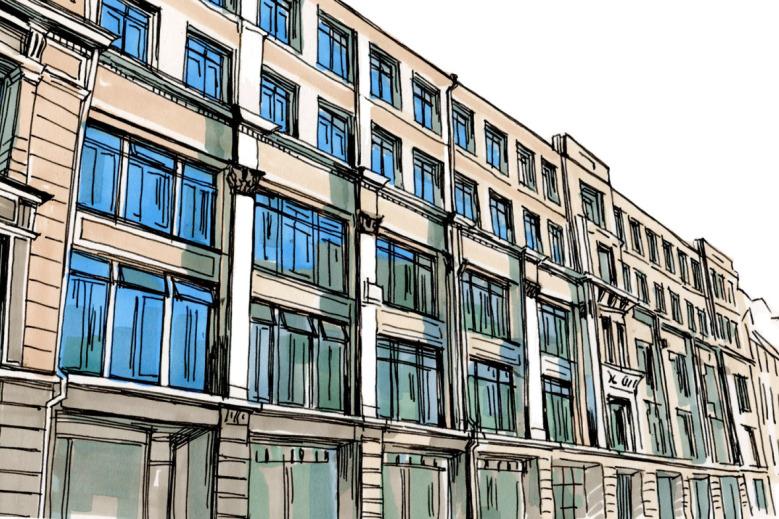HSE Speaks English at HSE Day
Yulia Grinkevich, Director of Internationalization at HSE describes English-language lectures at HSE Day.
HSE Perm’s Cultural Space is Growing
HSE Perm and the Perm Tchaikovsky Opera and Ballet Theatre have signed a cooperation agreement which was simultaneously a progress report and the beginning of a new stage in their working relationship.
Glad to be Immersed in a Very Strong Mathematical Tradition
Dr. Chris Brav, an Assistant Professor in the Faculty of Mathematics has joined the HSE this year. He shared with the HSE news service his background, first impressions on living and working in Moscow and plans for future.
The West Must Accept Eastern Values without Losing its Own
Western countries must be prepared to take in not only a large number of migrants from Eastern countries, but also the values they carry with them. In addition, one must not forget that the Eastern mentality is more stable and persistent with respect to one's own values than the Western mentality. This topic was discussed during a lecture at Moscow’s Gorky Park given by famous orientalist Aleksey Maslov, who is also the Head of HSE's School of Asian Studies.
13.7%
of students who do not study in their hometown plan on returning home after graduation. This information comes from research by Professor Elena Varshavskaya of the HSE’s Department of Human Resources Management and Olga Choudinovskikh, Director of the HSE’s Centre for Migration Policy. The report is titled ‘Migration Plans for Graduates of Russia’s Regional Universities.’
The Regions Need More Money
Even considering an 8.5% increase in wages, regional budgets will not be able to avoid a deficit for 2014. The federal centre will have to find additional funds to pay for Russian federal subjects’ spending or else the subjects will be forced to increase debt, experts from the HSE Centre of Development Institute said in the latest issue of New Comments on the State and Business.
8
Master’s programmes at the Higher School of Economics continue to admit students for the current academic year.
The Ideal Woman Differs from the Ideal Wife
Fewer Russians associate relationships between men and women with marriage, and gender roles are moving away from those of husband and wife. Russians still perceive 'the ideal man' and 'the ideal husband' as similar types – the common denominator being the roles of breadwinner and protector. In contrast, ‘the ideal woman' and 'the ideal wife' are two entirely different types. The former must be good-looking above all, while the latter is expected to be loyal, loving, and a good homemaker, according to Yulia Lezhnina, Associate Professor at the HSE's Subdepartment of Socio-Economic Systems and Social Policy.

HSE. Cornerstone: 20 Myasnitskaya
The main wing of the Higher School of Economics occupies a huge territory between Myasnitskaya Ulitsa and Krivoklenny Pereulok. Inside, chambers from the early 18th century have been preserved, which at one time belonged to Prince Koltsov-Mosalsk, a descendent of Rurik. Later, the home was owned for a long time by the family of the wealthy Armenian merchant Ananyan. Later, in the the 1890s, part of the reconstructed building on Myasnitskaya was occupied by the offices of Alexander Bari, where the famous engineer Vladimir Shukhov worked.
30
areas for outdoor activities and intellectual relaxation will be featured at the HSE Day in Gorky Park on September 10.

